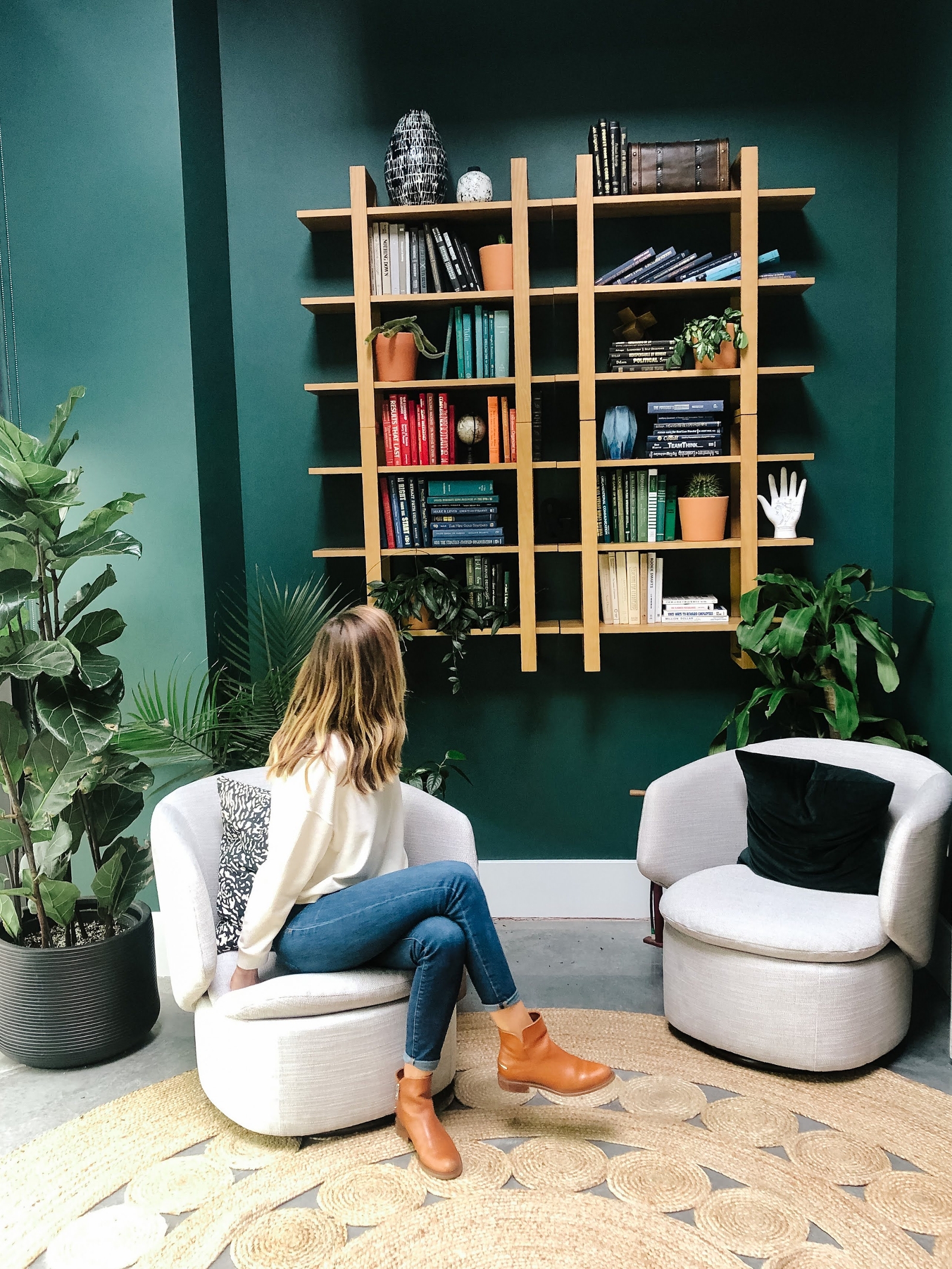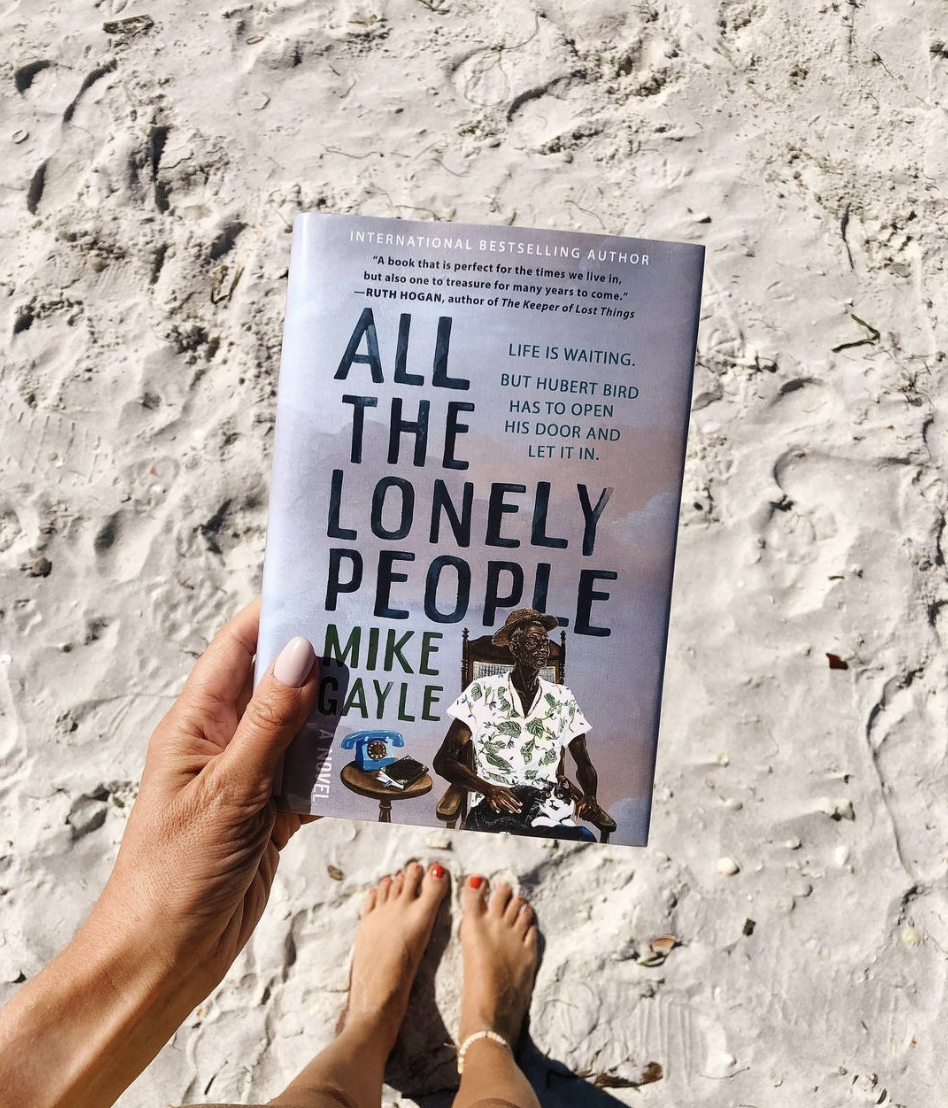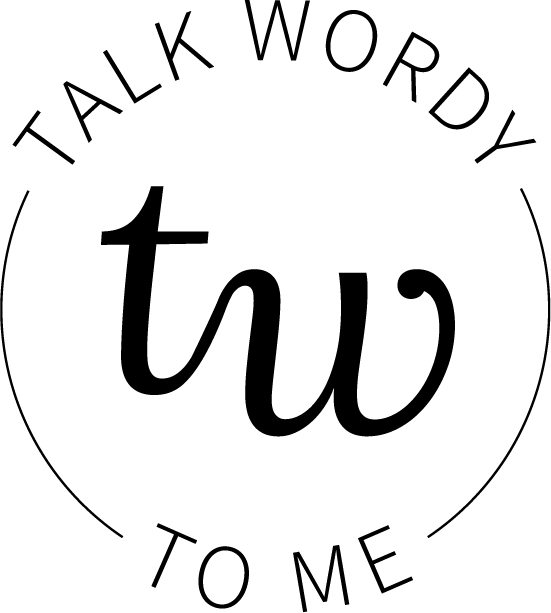.jpg)
A couple of years ago, I felt disconnected from myself, my life, and my family. I started studying and practicing mindfulness, and it helped me rediscover what made me feel grounded. It’s helped me form a healthier mindset that influences every aspect of my life.
Over the past few years, I’ve faced plenty of ups and downs. But when I focus on mindfulness, I feel like I can handle the downs as much as the ups. I feel more like myself and more at ease in the world. Practicing mindfulness is not about following a trend or taking up a new hobby.
Mindfulness is infusing awareness and perspective into what you’re already doing, in order to get more out of your life and relationships.
I felt moved to put together a guide of the mindfulness practices that have helped me most. It’s called Everyday Mindfulness: Simple practices for a more present, peaceful, purposeful life. I’m so pleased with how it turned out and it brings me so much happiness to see people using and loving it.
The guide has places throughout its pages for you to stop, reflect, and write, so you’re actually making discoveries, changes, and commitments to yourself instead of just reading a nice personal essay.
My goal with this guide is to help you discover your truest self and find an anchor of peace amidst all the distraction and noise in today’s world. Here is a nutshell version of some of the mindfulness practices I expand on in my guide:
-
Create a morning routine
The way you start your day has a powerful impact on your mindset for the hours that follow. Whether it’s simply making your bed and reading the scriptures for 10 minutes, or doing yoga, meditating, or journaling, create a morning routine that grounds you before you dive into your phone and the demands of the day.
-
Seek meditative moments
Seek daily moments of pause, even short ones, to still your mind. As you create that white space in your mind, you make room for inspiration and personal revelation.
-
Rewire your thoughts
Our thoughts create our reality. Since what you believe, what you do, and how you perceive yourself, your circumstances and the people around you originate in your thoughts, managing your thoughts is the most powerful way to change your life.
We all get caught in negative thought patterns that lead us too quickly down the path of shame and judgement (of ourselves and others). Instead of letting your thoughts rule your mind, take control of them. Here is a formula that helps me direct my thoughts to more productive, positive pathways:
Retrain the brain formula:
Observe it. Separate yourself from the thought, watching it as a third party observer, instead of identifying with it and internalizing it. Just because you think something does not mean it’s true. Be curious about your thoughts.
Decode it. Where did it come from?
Guide it. To a truer, more positive thought.
EXAMPLE
Thought: I shouldn’t be a mom. I’m not patient enough for this.
Observe it: That’s interesting. I wonder where that thought came from.
Decode it: Maybe it’s because I slept horribly last night and my patience goes out the window when I’m tired. Maybe I’m just too hard on myself when I slip up and I need to adjust my expectations.
Guide it: I had a bad moment, but that doesn’t define me or cancel out the thousands of good things I do for my kids. My kids are lucky to have a mom who loves them so much and tries so hard.
-
Don’t let your phone rule your life
Not too long ago, I took a cold-turkey, month-long break from social media. Not everyone needs that kind of break, but I did. I felt the distinct impression that God had things He wanted to tell me and teach me, but I was too distracted to hear them. I’m back on social media because of the good I believe it offers, but I learned a lot during my time away. Here are a few guidelines that help me maintain a healthy relationship with social media:
- Every morning, connect with my family and God before connecting to the internet
- Phone off and out of my room by 10 pm
- Experience first, post later. I don’t want to live life through the lens of my phone. I make it a point to be fully present in an experience before I get my phone out to take a picture.
- Focus on the good. What does social media add to your life? What accounts inspire you to be who you want to be? What accounts are just noise or distraction? Focusing on the good I want to gather from social media helps me sift out the negative and the noise.
What phone and social media usage boundaries will you create to help them add to your life instead of detracting from it?
-
Let go of perfect in favor of being you
I read in “Essentialism” about a hospice nurse who cared for people during their last weeks of life. She surveyed them on their biggest life regrets, and this was at the top of the list:
“I wish I’d had the courage to live a life true to myself, not the life others expected of me.”
Don’t wait for permission or approval from others before you feel validated in who you are, in what you say, do, write, or how you look. Be your own validator. The power to feel accepted, worthy, and anything else you want to feel lies within you right now. Don’t give others control over how you feel about yourself. Surround yourself with people who inspire and encourage you, not people who make you feel like you’re never enough.
Paying more attention to our thoughts, monitoring our social media use, letting go of perfectionism, and taking time to be still will guard us against distraction, confusion, and self-doubt. It’ll connect us to our truest, happiest, most peaceful selves, and help us decipher between what does not deserve our focus.
This is an abridged excerpt from my ebook, Everyday Mindfulness: Simple practices for a more present, peaceful, and purposeful life.
Check it out here.
.jpg)
.png)











Thanks so very much